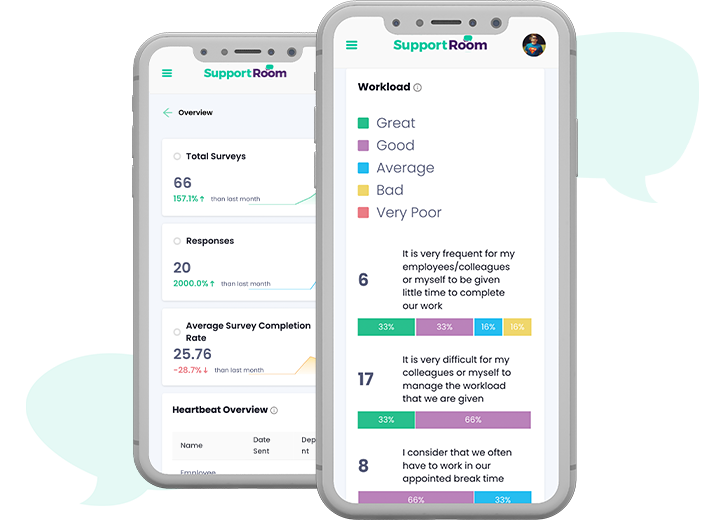Body Dysmorphia Online Support








- Addiction
- Anorexia
- ADHD
- Bereavement
- Binge Eating Disorder
- Bipolar Disorder
- Body dismorphic disorder
- Depression
- Eating Disorder
- Generalised Anxiety Disorder
- Post-Traumatic Stress Disorder
- Obsessive Compulsive Disorder
- Health anxiety
- Phobias
- Panic attacks
- Postnatal Depression
- Sleep disorders
- Psychosexual Issues
- Self Harm
- Social anxiety
- Stress
- Substance misuse
- Work-related stress
What do you see when you look in the mirror? Do you see ugliness, or weakness, or obesity? Do you find that you fixate on specific aspects of your face or body?
Do you believe you’re unattractive or “wrong”, despite the reassurance from friends and family? Do you struggle to see the person that they tell you they see? These all may well be signs of body dysmorphia.
What is body dysmorphic disorder?
Body Dysmorphic Disorder (let’s call it BDD for simplicity) is an anxiety condition that affects a person’s perception of their body image. It affects both men and women and is particularly common from the teenage years and beyond.
People living with BDD constantly compare their looks with other people and spend an excessive amount of time attempting to cover up what they believe to be a defect.
Some people think that BDD is vanity and self-obsession. In reality, it’s a genuine mental health condition that can have a profoundly adverse effect on a person’s life.
Do I have BDD?
BDD often causes people to diet obsessively or work out compulsively. People who live with BDD are often excessive in their drive for perfection.
Social media doesn’t help. Flick through your Instagram feed, and it’s full of the body beautiful; people #LivingTheirBestLives, filming themselves in the gym, sharing pics of their perfect lives.
This strive for “perfection” just makes the world a more complicated place. Another sign of body dysmorphia is the constant comparing of yourself to the world of social media.
However, just because you’re envious of other people’s lives doesn’t mean you’ve got BDD. But, if you put yourself through a punishing regime to improve a specific aspect of your body despite reassurance from everyone around you that you don’t need to worry, then that could be.
What are the symptoms of BDD?
Everyone’s different, of course. But, these are some common symptoms:
- Avoiding mirrors or spending lots of time in front of the mirror
- Avoiding social situations and feeling anxiety around others
- Feeling excessively worried about asking for someone else’s opinion about your perceived flaw for fear of being considered vain or self-obsessed
- Pursuing or considering cosmetic surgery to correct your perceived flaw
- Excessively dieting and exercising.
BDD can lead to anorexia or muscle dysmorphia (also known as “bigorexia”). The condition shares some traits with OCD because they both involve compulsive behaviour.
I think I’ve recognsed signs of body dysmorphia
Ultimately, if you suspect that you’re suffering from BDD, it would be a good idea to seek some help. The condition can lead to depression (or is caused by depression), self-harm and suicidal thoughts.
So, seek help before things become too difficult.
Seeking help isn’t an indication of surrender or weakness; it’s a sign of your inner strength and resolve to improve your self-esteem, quality of life, and wellbeing.

Get a free Heartbeat Survey.
Let us uncover the true state of your team’s wellbeing with a free mental health survey for your entire organisation.
Gain valuable insights to see how you can better support your team’s mental health and performance.
No pitch. No credit card required.
Therapy on your terms
Get face-to-face, online help from a highly-qualified therapist who can help you regain control.
